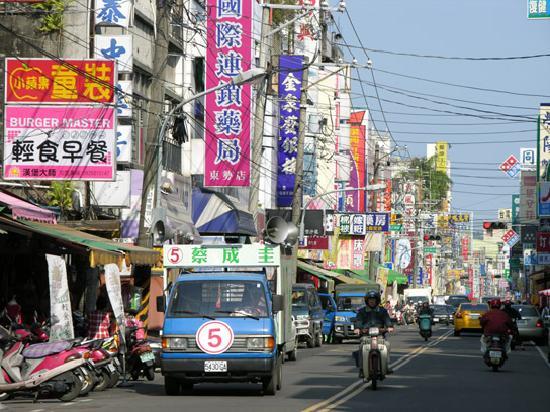I’ve been thinking about this question for a long time (I think this thread is in the right sub-forum?), and I think I’ve finally figured it out: unions.
For a long time, I wondered why wages in Taiwan could be so low, when other countries that are equally developed (infrastructure, etc.) are much higher. I suppose the country that can best be compared to Taiwan is South Korea.
Taiwan’s GDP per capita: $20,100 USD
TW GDP PPP per capita: $37,719
South Korea GDP per capita: $23,749
SK GDP PPP per capita: $31,753
PPP = Purchasing power parity: en.wikipedia.org/wiki/Purchasing_power_parity
Thus, although Taiwan’s nominal wages are lower than South Korea’s, the Taiwanese person actually has a higher standard of living.
Anyway, my point here is (this probably applies to South Korea, as well), that although these countries have first-class infrastructure, rule of law, technology, etc., they still don’t see nominal wages as high as Japan, North America, Western Europe, Australasia, etc. I now think it’s due to the weak unions.
With strong unions come the irresistible demand for higher wages, which in turn starts the upward spiral of structural inflation… eventually raising the nominal price of everything in the country, thus raising the country’s earning power and GDP vis-a-vis other countries.

